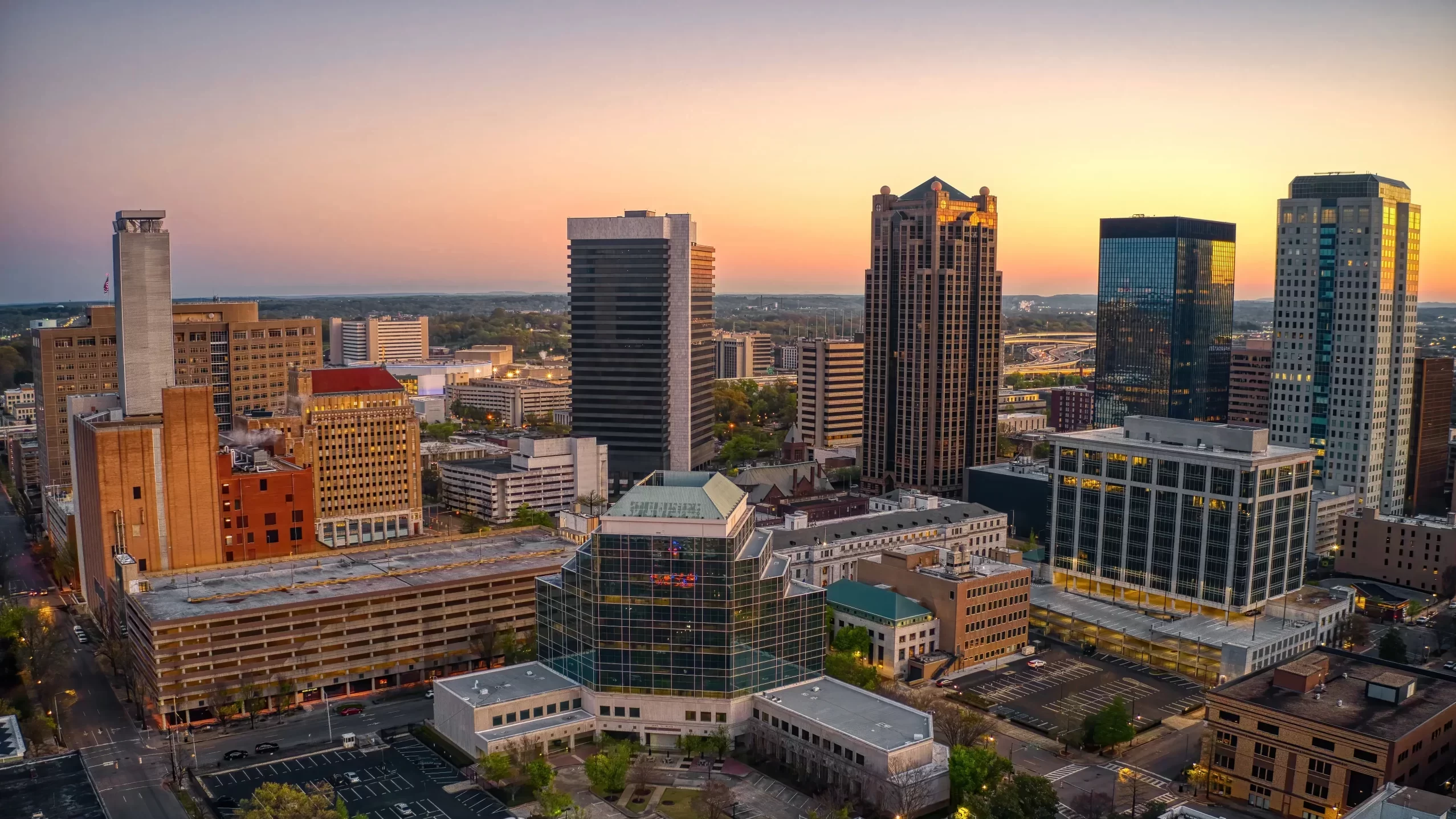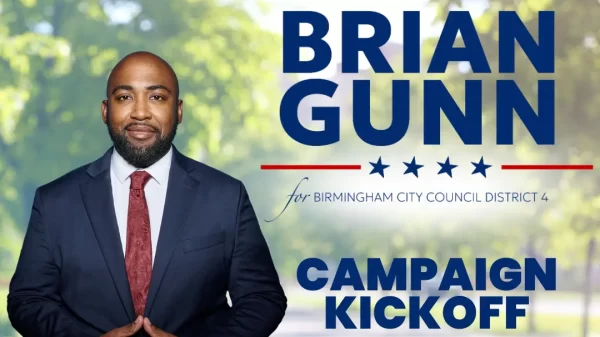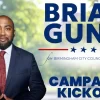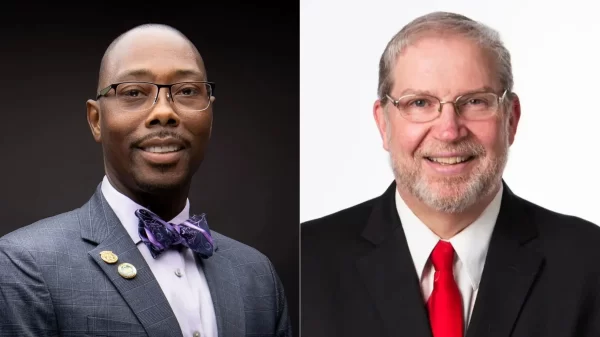|
Getting your Trinity Audio player ready...
|
Here in Alabama, cities aren’t allowed to set a local minimum wage. Or regulate concealed carry. Or tax self-driving cars. Or, like I wrote about yesterday, decide to use ranked-choice voting to elect city councilors. Really, cities can’t do much.
The technical reason for this is that Alabama is a “Dillon’s Rule” state with very weak home rule. The gist of that jargon is that before city governments can do something, the state government has to say that they can.
When local governments do try to do something new, it’s often just a matter of time before word comes down from Montgomery that that new thing has now been banned. If the folks in the State House are feeling especially nice, they might apologize for the horrendous oversight of not banning whatever the city did before they were able to try it.
For example, back in 2016 Birmingham tried to establish a local minimum wage of $10.10 per hour. So that very same month the politicians over in Montgomery wrote a new law overturning Birmingham’s ordinance and preventing every local government in the state from setting their own minimum wages.
But last week, on May 8, Birmingham’s City Council still tried to help out their constituents by doing something new again. Birmingham became the first city in the Lower South to get rid of parking minimums. (I swear it’s cooler than it sounds.)
Over the past several years, a lot of folks have begun actually thinking about how the cities they live in are designed and built. Organizations like Strong Towns and, here in Alabama, the Alabama Urbanists Coalition started popping up.
These new organizations criticize urban planning’s unconscious assumptions, asking why cities in the United States aren’t walkable and advocating for public transportation and zoning reforms.
Daniel Christiansen, chair of the Alabama Urbanists Coalition, explained to me that in his opinion, good urbanism is “creating places that are safe and affordable for a wide variety of lifestyles, income levels, and family situations, rather than continuing to insist on a one-size-fits-all plan.”
Mandatory parking minimums are one part of that one-size-fits-all plan he called out. Forcing businesses and builders to pay for and maintain massive parking garages and parking lots subsidizes drivers, makes it harder to build pedestrian infrastructure, and increases traffic.
Getting rid of parking minimums lets businesses decide that, thanks to that popular bus stop right by their new building, they might not need to spend all that money building a hundred parking spots that will just sit empty all day.
“When combined with other policy changes the result should be to help build vibrant communities, walkable neighborhoods, and support robust city services that residents can be proud of,” Christiansen said.
Sounds pretty good to me. At the very least, it sounds like something we should let some of our cities try.
Back in 1932, Supreme Court Justice Louis Brandeis said that “a single courageous state may, if its citizens choose, serve as a laboratory; and try novel social and economic experiments without risk to the rest of the country.”
Alabama’s politicians know Brandeis was right. After all, for the last few years they’ve all been copying Florida Gov. DeSantis’ homework, working to make Alabama into a second-rate Florida rather than a first-rate Alabama.
But when it comes to local governments, they still make sure that every last city and county is towing the state line.
My argument is simple: Let local governments experiment with public policy too.
After all, no matter what the state legislature might think, they aren’t the only democratic body in the state. If a city council screws up and passes some bad policy, which a lot of them will, I guarantee there will be a hundred people at the next city council meeting to let them know, and a few thousand more at the ballot boxes come next election.
If we want better public policy, Alabama needs more cities like Birmingham that will test out new policies trying to make residents’ lives better. Let’s let a few cities pass a local minimum wage and see if it will actually be the economic catastrophe state legislators claimed. Let some other cities get rid of single-family zoning and encourage new multifamily and mixed-use development. Let local governments experiment.
In both municipal government and urban planning, we need fewer “one-size-fits-all plans” and more people willing to try whatever works. We need Montgomery to just let cities do new things and try being quiet for a few years.






















































